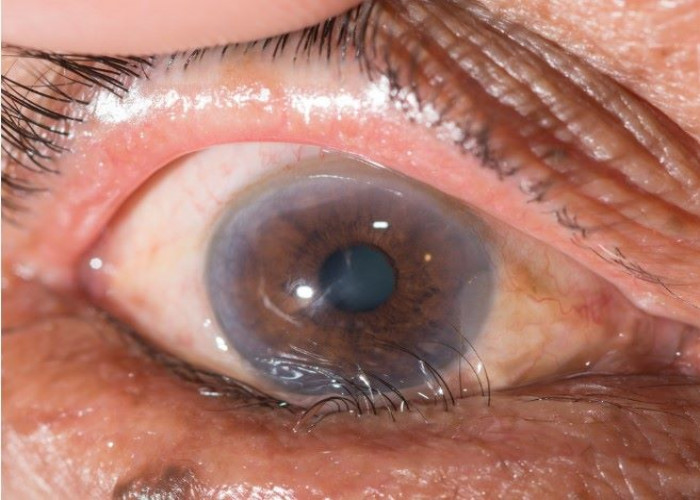 Welcome
Welcome
“May all be happy, may all be healed, may all be at peace and may no one ever suffer."
Entropion
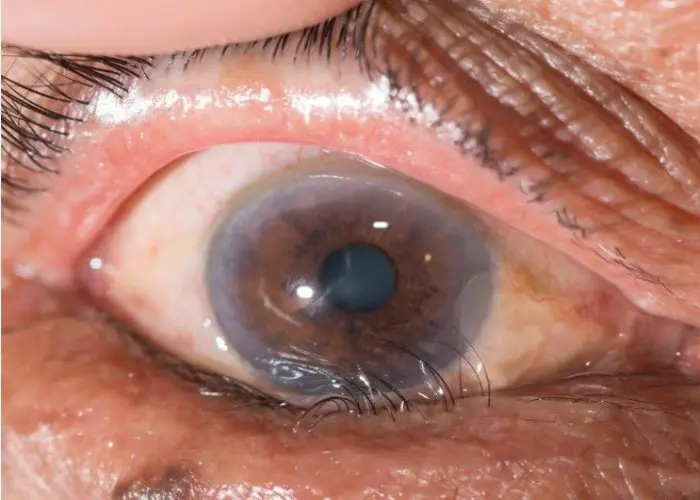
Entropion is a medical condition in which the eyelid folds inward towards the eye, causing the eyelashes or skin to rub against the cornea, the clear front surface of the eye. This can result in discomfort, irritation, tearing, and potentially serious complications, such as corneal abrasions or infections.
Entropion can occur due to a variety of factors, including aging, scarring from injury or infection, previous eye surgeries, or certain medical conditions such as trachoma, a bacterial eye infection common in developing countries.
The treatment for entropion depends on the underlying cause and severity of the condition. In mild cases, artificial tears or lubricating ointments may be recommended to relieve symptoms. In more severe cases, surgery may be necessary to correct the position of the eyelid and prevent further damage to the eye.
If you are experiencing any discomfort or irritation in your eyes, it is important to seek medical attention from an eye specialist. They will be able to diagnose and treat your condition, and provide recommendations to prevent further complications.
Research Papers
Disease Signs and Symptoms
- Eye redness
- Eye pain or burning
- Sensitivity to light (Photophobia)
- Excessive tears in eyes
- Mucous discharge and eyelid crusting
- Blurred vision of eye
Disease Causes
Entropion
Entropion can be caused by:
- Muscle weakness. As you age, the muscles under your eyes tend to weaken, and the tendons stretch out. This is the most common cause of entropion.
- Scars or previous surgeries. Skin scarred by chemical burns, trauma or surgery can distort the normal curve of the eyelid.
- Eye infection. An eye infection called trachoma is common in many developing countries of Africa, Asia, Latin America, the Middle East and Pacific Islands. It can cause scarring of the inner eyelid, leading to entropion and even blindness.
- Inflammation. An irritation of the eye caused by dryness or inflammation can lead you to try to relieve the symptoms by rubbing the eyelids or squeezing them shut. This can lead to a spasm of the eyelid muscles and a rolling of the edge of the lid inward against the cornea (spastic entropion).
- Developmental complication. When entropion is present at birth (congenital), it may be caused by an extra fold of skin on the eyelid that causes turned-in eyelashes.
Disease Prevents
Entropion
Generally, entropion isn't preventable. You may be able to prevent the type caused by trachoma infection. If your eyes become red and irritated after you visit an area where trachoma infection is common, seek evaluation and treatment immediately.
Disease Treatments
The treatment approach depends on what's causing your entropion. Nonsurgical treatments are available to relieve symptoms and protect your eye from damage.
When active inflammation or infection causes entropion (spastic entropion), your eyelid may return to its normal alignment as you treat the inflamed or infected eye. But if tissue scarring has occurred, entropion may persist even after the other condition has been treated.
Surgery is generally required to fully correct entropion, but short-term fixes can be useful if you can't tolerate surgery or you have to delay it.
Therapies
- Soft contact lens. Your eye doctor may suggest that you use a type of soft contact lens as a sort of corneal bandage to help ease symptoms. These are available with or without a refractive prescription.
- Botox. Small amounts of onabotulinumtoxinA (Botox) injected into the lower eyelid can turn the eyelid out. You may get a series of injections, with effects lasting up to six months.
- Stitches that turn the eyelid outward. This procedure can be done in your doctor's office with local anesthesia. After numbing the eyelid, your doctor places several stitches in specific locations along the affected eyelid.
- The stitches turn the eyelid outward, and resulting scar tissue keeps it in position even after the stitches are removed. After several months, your eyelid may turn itself back inward. So this technique isn't a long-term solution.
- Skin tape. Special transparent skin tape can be applied to your eyelid to keep it from turning in.
Surgery
The type of surgery you have depends on the condition of the tissue surrounding your eyelid and on the cause of your entropion.
If your entropion is age related, your surgeon will likely remove a small part of your lower eyelid. This helps tighten the affected tendons and muscles. You'll have a few stitches on the outside corner of your eye or just below your lower eyelid.
If you have scar tissue on the inside of your lid or have had trauma or previous surgeries, your surgeon may perform a mucous membrane graft using tissue from the roof of your mouth or nasal passages.
Before surgery you'll receive a local anesthetic to numb your eyelid and the area around it. You may be lightly sedated to make you more comfortable, depending on the type of procedure you're having and whether it's done in an outpatient surgical clinic.
After surgery you might need to:
- Use an antibiotic ointment on your eye for one week
- Use cold compresses periodically to decrease bruising and swelling
After surgery you will likely experience:
- Temporary swelling
- Bruising on and around your eye
Your eyelid might feel tight after surgery. But as you heal, it will become more comfortable. Stitches are usually removed about a week after surgery. You can expect the swelling and bruising to fade in about two weeks.
Disease Diagnoses
Disease Allopathic Generics
Disease Ayurvedic Generics
Disease Homeopathic Generics
Disease yoga
Entropion and Learn More about Diseases

Dumping syndrome

Bladder stones

Mitral valve stenosis
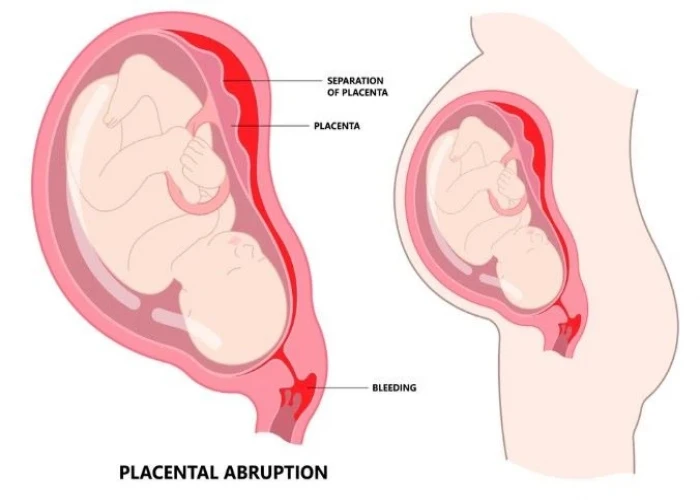
Placental abruption

Pulmonary fibrosis
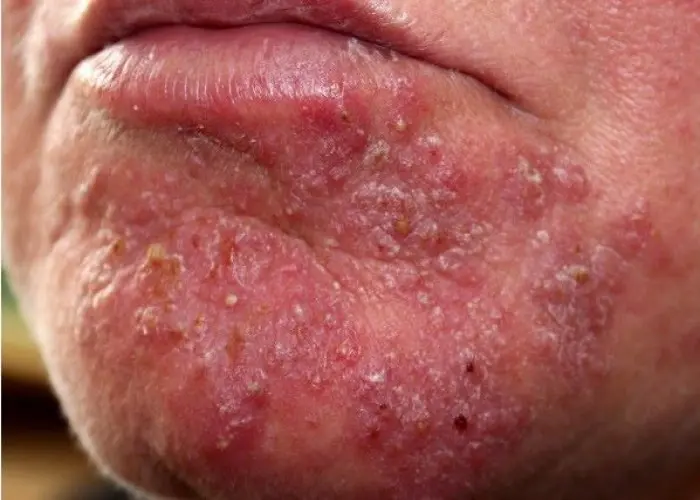
Folliculitis
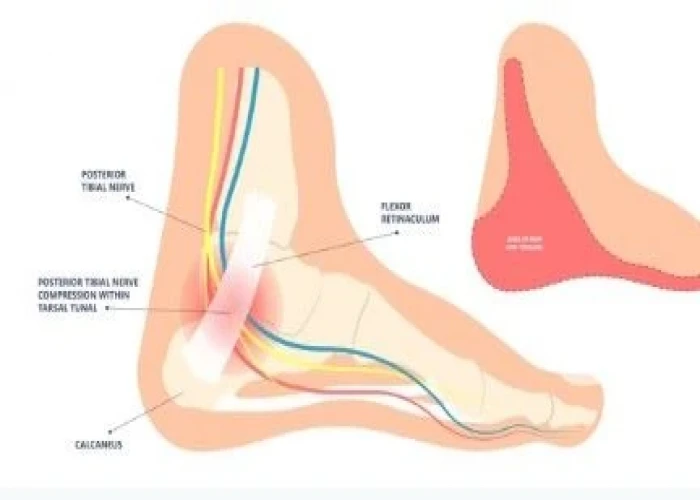
Popliteal artery entrapment syndrome
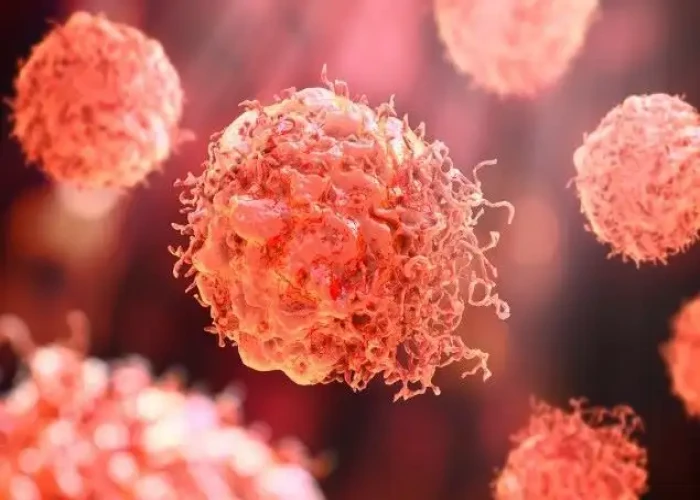
Sarcoma
entropion, এনট্রপিয়ন
To be happy, beautiful, healthy, wealthy, hale and long-lived stay with DM3S.
